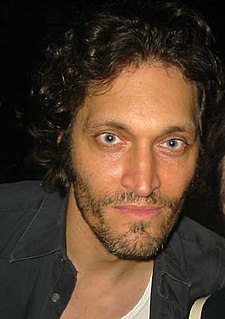A Quote by Elbert Hubbard
Truth, in its struggles for recognition, passes through four distinct stages. First, we say it is damnable, dangerous, disorderly, and will surely disrupt society. Second, we declare it is heretical, infidelic and contrary to the Bible. Third, we say it is really a matter of no importance either one way or the other. Fourth, we aver that we have always upheld it and believed it.
Related Quotes
It is too often believed that a person in his progress towards perfection passes from error to truth; that when he passes on from one thought to another, he must necessarily reject the first. But no error can lead to truth. The soul passing through its different stages goes from truth to truth, and each stage is true; it goes from lower truth to higher truth.
Upon the first goblet he read this inscription, monkey wine; upon the second, lion wine; upon the third, sheep wine; upon the fourth, swine wine. These four inscriptions expressed the four descending degrees of drunkenness: the first, that which enlivens; the second, that which irritates; the third, that which stupefies; finally the last, that which brutalizes.
It's not an understatement to say that I owe everything as an actor to 'Merlin.' It was pretty much my first job, and I didn't know what I was doing for many years on it. It wasn't until the third and fourth series - the fourth series especially - that I really found my feet with the character, and as an actress.
I'm talking to a journalist and I really have nothing to say anymore, this is already uncomfortable. I feel the pain coming already. The brutal pain, when one day I should read your edit of whatever I say, because no matter what I say, no matter how I say it, no matter its tone, its frequency range, its decibel level or the way in which I put the words together, no matter my intentions and no matter the truth. What I'll read one day will be a chastised, manipulated abortion of your misunderstandings, your manipulations, your agenda and your amateur use of the English language.
The first sentence of the truth is always the hardest. Each of us had a first sentence, and most of us found the strength to say it out loud to someone who deserved to hear it. What we hoped, and what we found, was that the second sentence of the truth is always easier than the first, and the third sentence is even easier than that. Suddenly you are speaking the truth in paragraphs, in pages. The fear, the nervousness, is still there, but it is joined by a new confidence. All along, you've used the first sentence as a lock. But now you find that it's the key.
Whenever a new discovery is reported to the world, they say first, It is probably not true, Then after, when the truth of the new proposition has been demonstrated beyond question, they say, Yes, it may be true, but it is not important. Finally, when sufficient time has elapsed to fully evidence its importance, they say, Yes, surely it is important, but it is no longer new.




































